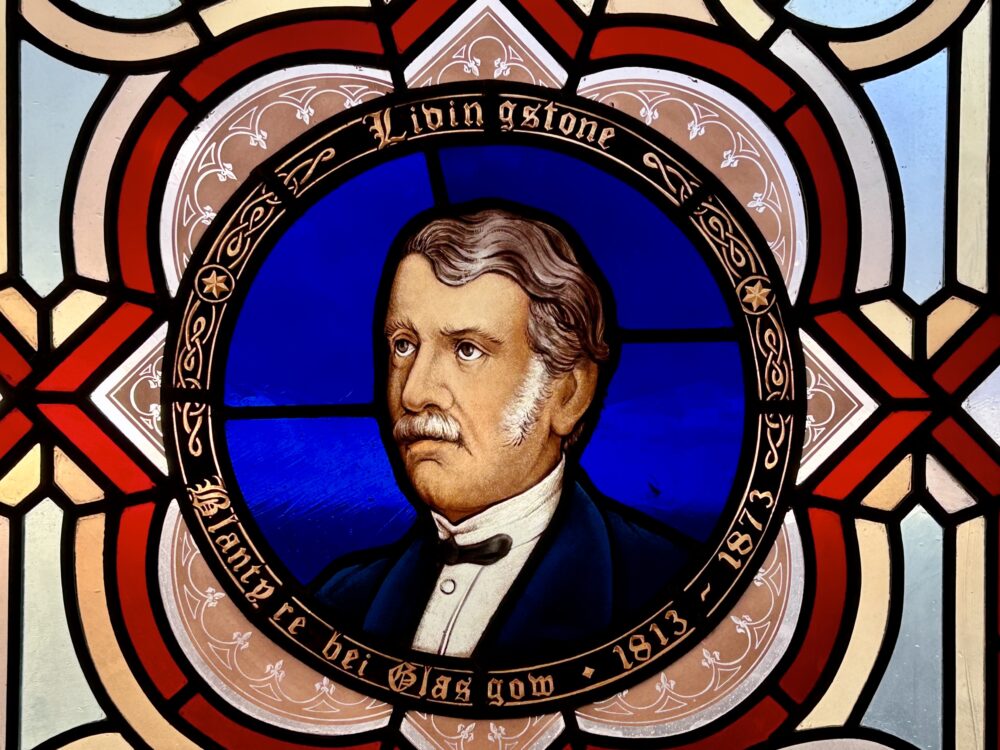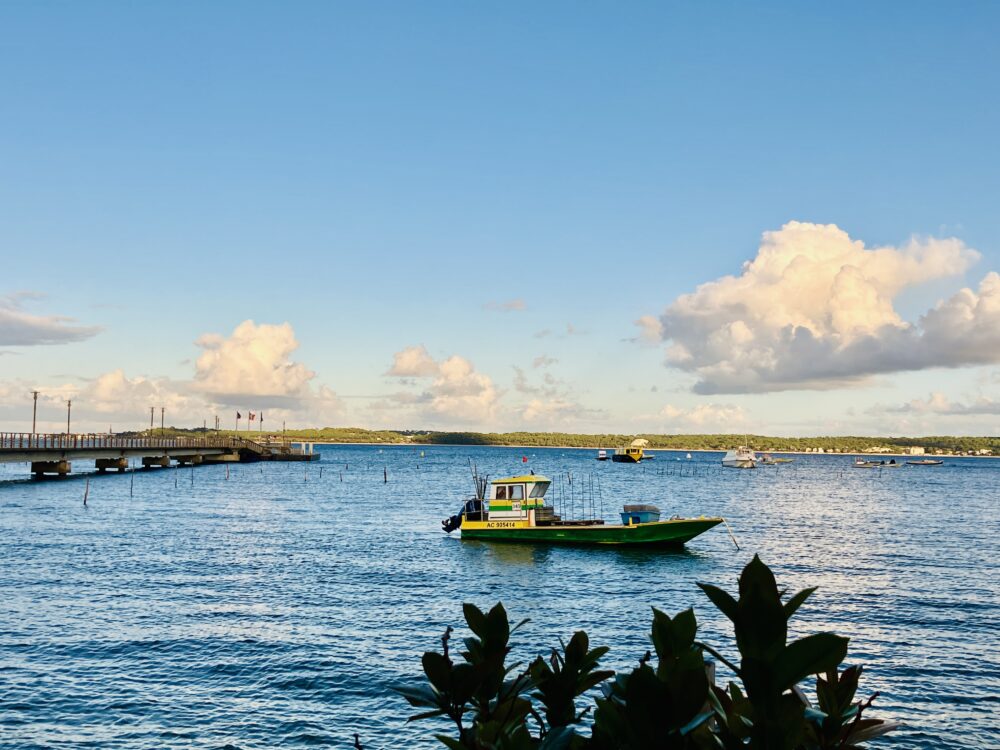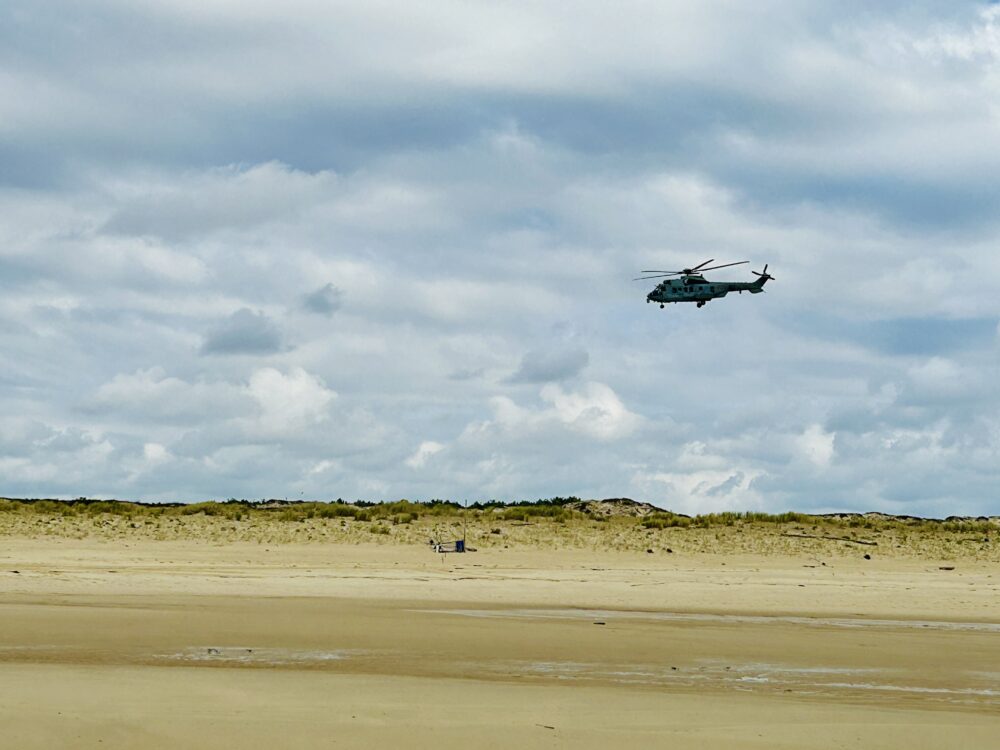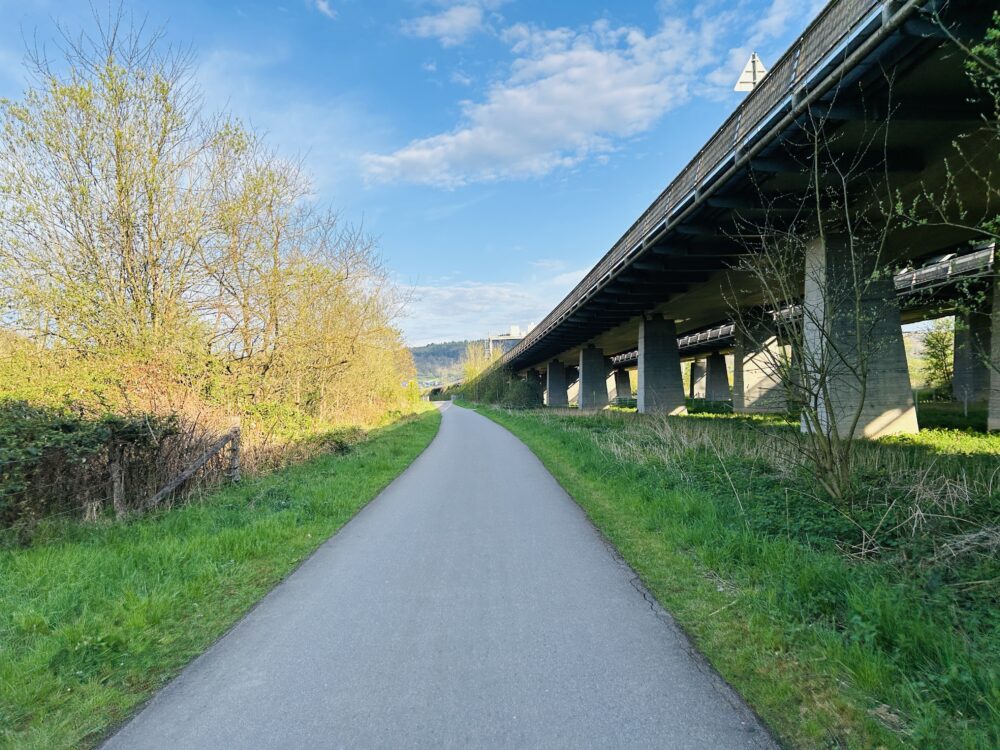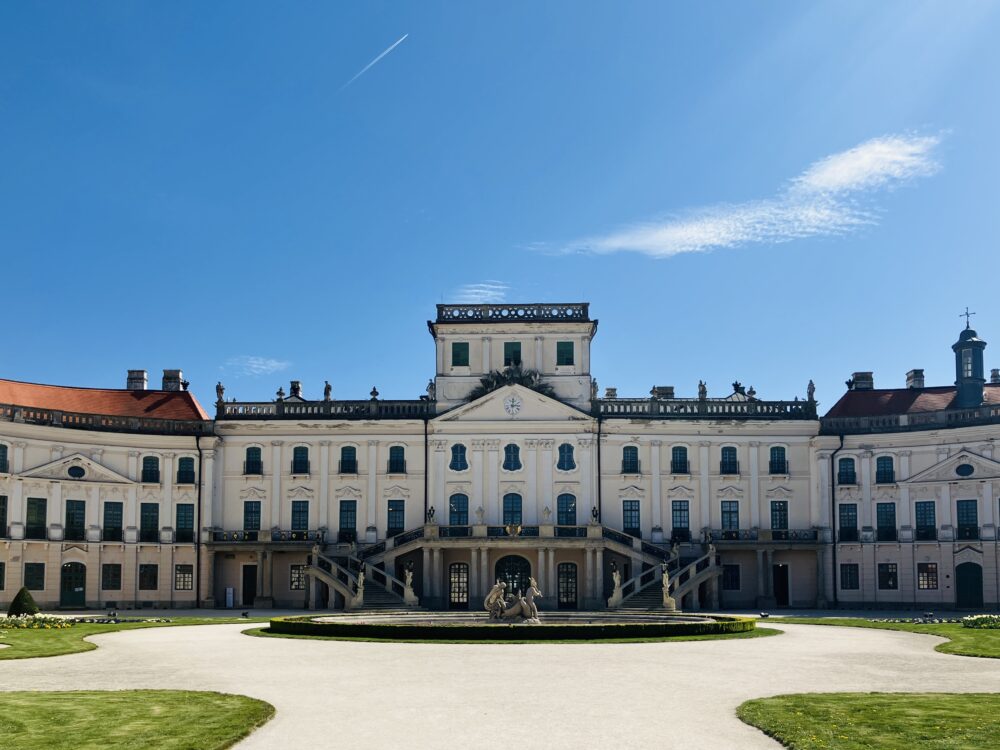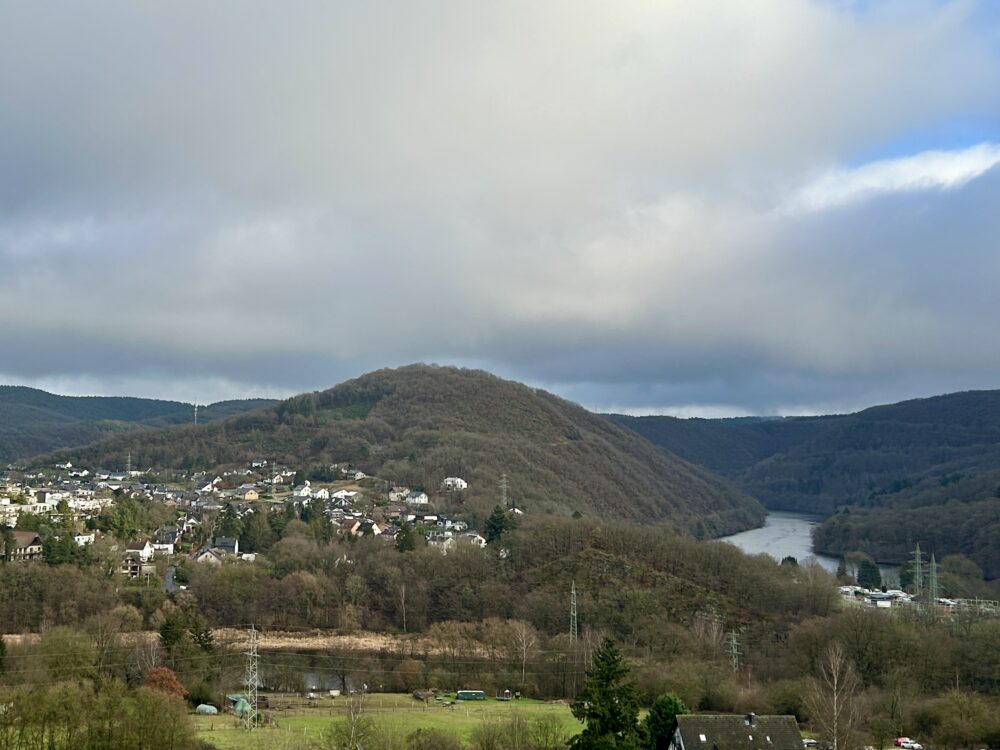Early Life and Background
David Livingstone was born on 19 March 1813 in Blantyre, near Glasgow, Scotland. He grew up in a working-class family, working in the cotton mills from a young age while pursuing his education. Driven by a sense of adventure and a desire to spread Christianity, Livingstone studied medicine and theology, eventually becoming a missionary. His calling led him to Africa, where he would spend more than 30 years exploring and spreading his faith.
Explorations and Discoveries
Livingstone’s expeditions took him deep into the uncharted territories of southern and eastern Africa. In 1840, he arrived in Cape Town and began his missionary work. By 1851, he had reached the upper Zambezi River, and between 1853 and 1856, he traversed the entirety of southern Africa. During these journeys, he discovered the 110-metre high Victoria Falls, which he named in honour of Queen Victoria, and mapped the course of the Zambezi River. His explorations also led to the discovery of Lake Malawi (then known as Lake Nyasa) and Lake Bangweulu.
Significance and Impact
Livingstone’s contributions to the fields of geography, cartography, and natural science were unparalleled at the time. His detailed observations and maps significantly improved the European understanding of Africa’s interior, dispelling many misconceptions. Moreover, Livingstone’s relentless quest to end the East African slave trade garnered him widespread admiration and support. His humanitarian efforts and dedication to the welfare of the African people left a lasting impact. Livingstone’s legacy continues to inspire generations of explorers, missionaries, and humanitarians.
Final Years and Legacy
Livingstone’s final years were marked by his continued determination to explore Africa’s vast landscape. His last significant expedition, beginning in 1865, took him to Zanzibar and eventually to Lake Bangweulu. Despite suffering from ill health and facing numerous challenges, Livingstone remained committed to his mission. He passed away on 1 May 1873 in Chitambo, near Lake Bangweulu. His body was returned to Britain, where he was honoured with a burial in Westminster Abbey.
The art gallery of Drachenburg Castle near Bonn, where his glass bust is displayed, serves as a poignant reminder of his indomitable spirit and enduring contributions to the world’s understanding of Africa. Livingstone’s life and work remain a testament to the power of exploration, faith, and human compassion.
#DavidLivingstone #AfricanHistory #MissionaryWork #AfricanExploration #VictorianEra



